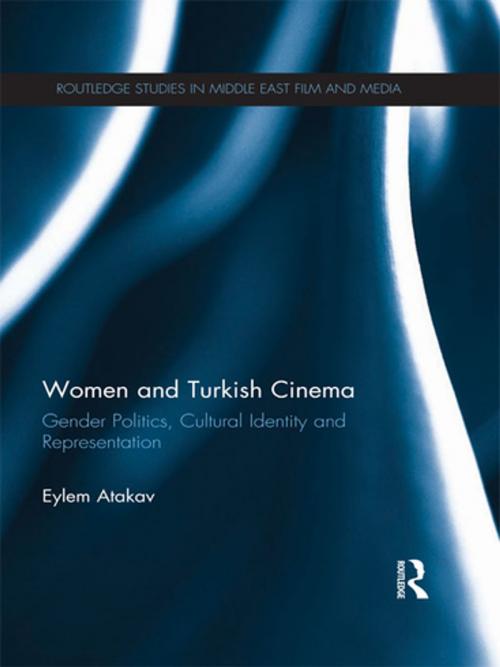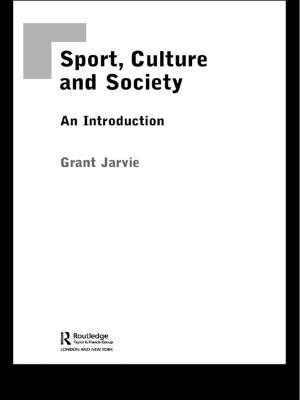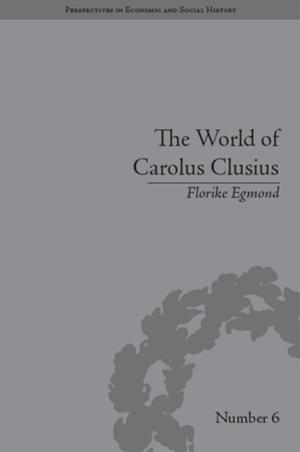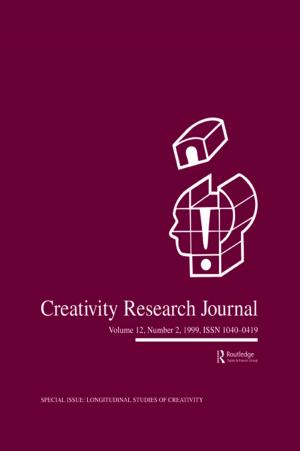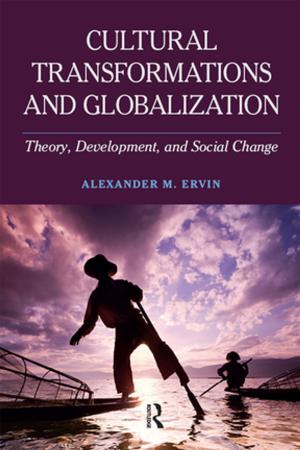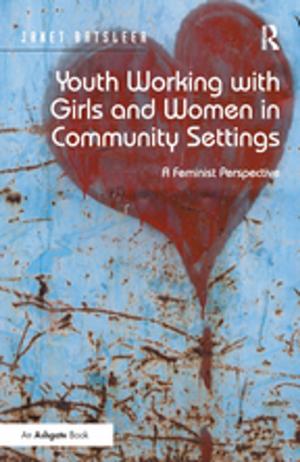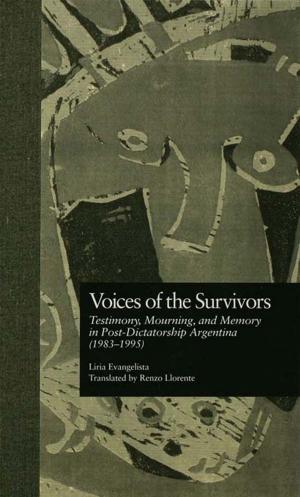Women and Turkish Cinema
Gender Politics, Cultural Identity and Representation
Nonfiction, Entertainment, Performing Arts, Film, Social & Cultural Studies, Social Science, Gender Studies, Women&| Author: | Eylem Atakav | ISBN: | 9781136681592 |
| Publisher: | Taylor and Francis | Publication: | November 27, 2012 |
| Imprint: | Routledge | Language: | English |
| Author: | Eylem Atakav |
| ISBN: | 9781136681592 |
| Publisher: | Taylor and Francis |
| Publication: | November 27, 2012 |
| Imprint: | Routledge |
| Language: | English |
Since 2000, there has been a considerable effort in Turkish cinema to come to terms with the military’s intervention in politics and subsequent national trauma. It has resulted in an outpouring of cinematic texts. This book focuses on women and Turkish cinema in the context of gender politics, cultural identity and representation.
The central proposition of this book is that enforced depolticisation introduced after the coup is responsible for uniting feminism and film in 1980s Turkey. The feminist movement was able to flourish precisely because it was not perceived as political or politically significant. In a parallel move in the films of the 1980s there was an increased tendency to focus on the individual, on women’s issues and lives, in order to avoid the overtly political.
Women and Turkish Cinema provides a comprehensive view of cinema’s approach to women in a country which straddles European and Middle Eastern cultural conceptions, identities and religious values and will be an invaluable resource for students and scholars of Film Studies, Gender Studies and Middle East Studies, amongst others.
Since 2000, there has been a considerable effort in Turkish cinema to come to terms with the military’s intervention in politics and subsequent national trauma. It has resulted in an outpouring of cinematic texts. This book focuses on women and Turkish cinema in the context of gender politics, cultural identity and representation.
The central proposition of this book is that enforced depolticisation introduced after the coup is responsible for uniting feminism and film in 1980s Turkey. The feminist movement was able to flourish precisely because it was not perceived as political or politically significant. In a parallel move in the films of the 1980s there was an increased tendency to focus on the individual, on women’s issues and lives, in order to avoid the overtly political.
Women and Turkish Cinema provides a comprehensive view of cinema’s approach to women in a country which straddles European and Middle Eastern cultural conceptions, identities and religious values and will be an invaluable resource for students and scholars of Film Studies, Gender Studies and Middle East Studies, amongst others.
